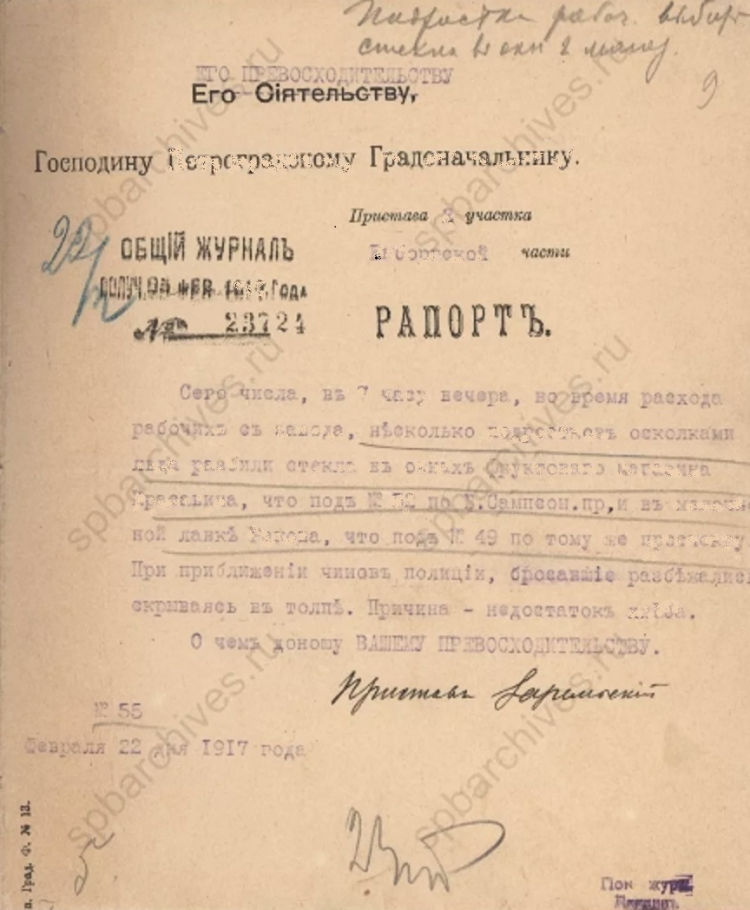
The history of a country is a delicate matter. Here, a careless word is enough to sow misunderstanding and discord. For example, an article about the Kyrgyz national hero Shabdan-baatyr, recently published in the newspaper "Slovo Kyrgyzstana," offends the feelings of those who cherish the memory of this man.
In an interview published on April 15, 2011, in the newspaper "Slovo Kyrgyzstana," the great-great-grandson of Kurmandjan datka, Yu. M. Myrzapayazov, allowed himself to call the leader of the Kyrgyz tribe of sarybagysh, Shabdan Jantaev, a "traitor" and a "mercenary."
We believe that the author of this incorrect statement is not being deceitful but is sincerely mistaken. He was guided by conjectures and rumors rather than scientifically verified facts. To help him and our readers understand who Shabdan from Kemin really was and how his relationship with Kurmandjan datka developed, we will share reliable information about the time in which both politicians lived.
First, let us note that the Russian conquest of Turkestan in the 19th century was inevitable, as it was dictated by the process of development of a vast country. Russia needed new markets for goods, sources of raw materials, and cheap labor. In turn, the Kyrgyz, who were under the oppression of the Kokand Khanate and ravaged by endless disputes among tribal leaders, were seeking ways to escape from the dire situation they found themselves in.
Having settled in Semirechye, the Tsarist regime considered the issue of connecting the Siberian and Syr Darya lines by subjugating the peoples of Central Asia. For this purpose, reconnaissance work was carried out in the Chui Valley in 1859-1860, and in August and September 1860, the Kokand fortresses of Pishpek and Tokmok fell.
Now let us look at the role played by the person whom some Uzbek researchers and the esteemed Yu. M. Myrzapayazov called a "traitor." One can have different opinions about Shabdan's personality and his role in history, but certainly not a negative one. It is also not easy to overlook this figure.
Shabdan-baatyr's socio-political activity began early, when he was 20 years old and this young representative of the sarybagysh tribe was still a subject of the Kokand Khanate. At the end of 1859, the bek of the Pishpek fortress, Atabek, sent him to the court of Khan Mally-bek for service. At that time, the ruler of the Andijan vilayet, Alymbek datka, had considerable influence in the khanate. It was during this time that the paths of three outstanding personalities crossed - the experienced and wise Alymbek datka, his wife Kurmandjan, and the young but already well-known Shabdan. Let us assume that, having common interests, these far-sighted politicians often discussed the very complex situation in Central Asia.
It is known that during the local Kokand-Russian military conflicts, each time the Russian troops withdrew, the Kokandis restored the destroyed fortresses and reasserted their power in such strongholds. For this, additional military forces were sent from the khanate to support the local garrisons. A similar event occurred during one of these episodes of confrontation between Kokand and Russian troops in the Uzun-Aga area, on the border of the nomadic Kyrgyz and Kazakh tribes. At that time, the Kokand army, mainly consisting of Uzbeks, Kyrgyz, and Kazakhs, was led by a prominent military leader of the khanate, Kanaat-shaa. The army included a Kyrgyz detachment of 12,000 men, led by Alymbek, Kurmandjan's husband. Shabdan-baatyr was also in this army with his warriors.
The decisive battle between Russian and Kokand forces on October 20, 1860.
Interestingly, the Kyrgyz did not participate in the battle, remaining on the sidelines. According to reports from several Russian commanders, had the Kyrgyz participated in the battle, its outcome would have been different. It can be assumed that Alymbek datka and Shabdan, like several other tribal leaders of the Kyrgyz and Kazakhs, correctly assessed the situation and the superiority of the Russian troops and did not want to expose their compatriots to unnecessary death. Thanks to such a wise decision, they saved the lives of 12,000 warriors. After the battle, Shabdan Jantaev did not leave the defeated Kanaat-shaa and went with him to the Kokand Khanate, where he served at the court for two years.
We believe that during his service at the khan's court, the baatyr closely interacted with the Kyrgyz tribal leaders of the southern region, including Alymbek datka, his wife Kurmandjan, and others. It was during this time that he gained authority and respect among his compatriots, which later manifested in their boundless trust. While in public service at the Kokand court, Shabdan, after his father Jantaev accepted Russian citizenship, repeatedly supported the Fergana Kyrgyz. For example, in 1873, representatives of this ethnic community who had risen up sent their delegates to Sh. Jantaev to act as a mediator in negotiations with the Russian authorities of the Tokmak district. Upon their acceptance into Russian citizenship, the envoys received support from the baatyr, who participated in the negotiations on this matter. However, Shabdan's peacekeeping mission was interrupted by the Turkestan governor-general. In his report dated November 12, 1873, he indicated the need to "... verify the statement of the deputies regarding their communication through Shabdan Jantaev with the Tokmak Kyrgyz and, if it proves to be true, immediately terminate it."
The Tsarist regime, bound by a peace treaty with Kokand, initially opposed the reunification of the southern and northern Kyrgyz.
Results of the uprising led by Pulat-khan in 1873 - 1876














































